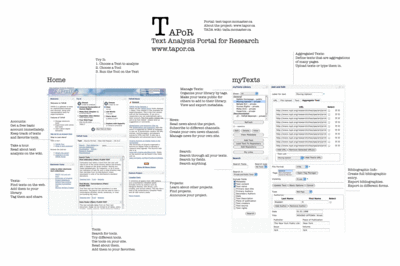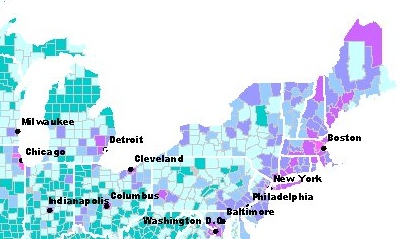SSHRC in their Transformation added the new value of “interactive engagement” to what social science and humanities research should involve. At McMaster we discussed how researchers can engage the broader public better and more. It is not as easy as it sounds. Intellectual Entrepreneurship: The New Social Compact by Richard A. Cherwitz (Inside Higher Ed, March 9, 2005) is a short opnion piece that nicely sets out the challenges. He argues that professors are becoming (should become) intellectual entrepreneurs – something I have heard in other contexts regarding intellectual property and research. Cherwitz believes,
Public intellectual practice is a noble quest – one that doesn’t inherently or automatically require us to choose between a commitment either to research or service or between disciplinary and interdisciplinary knowledge.


